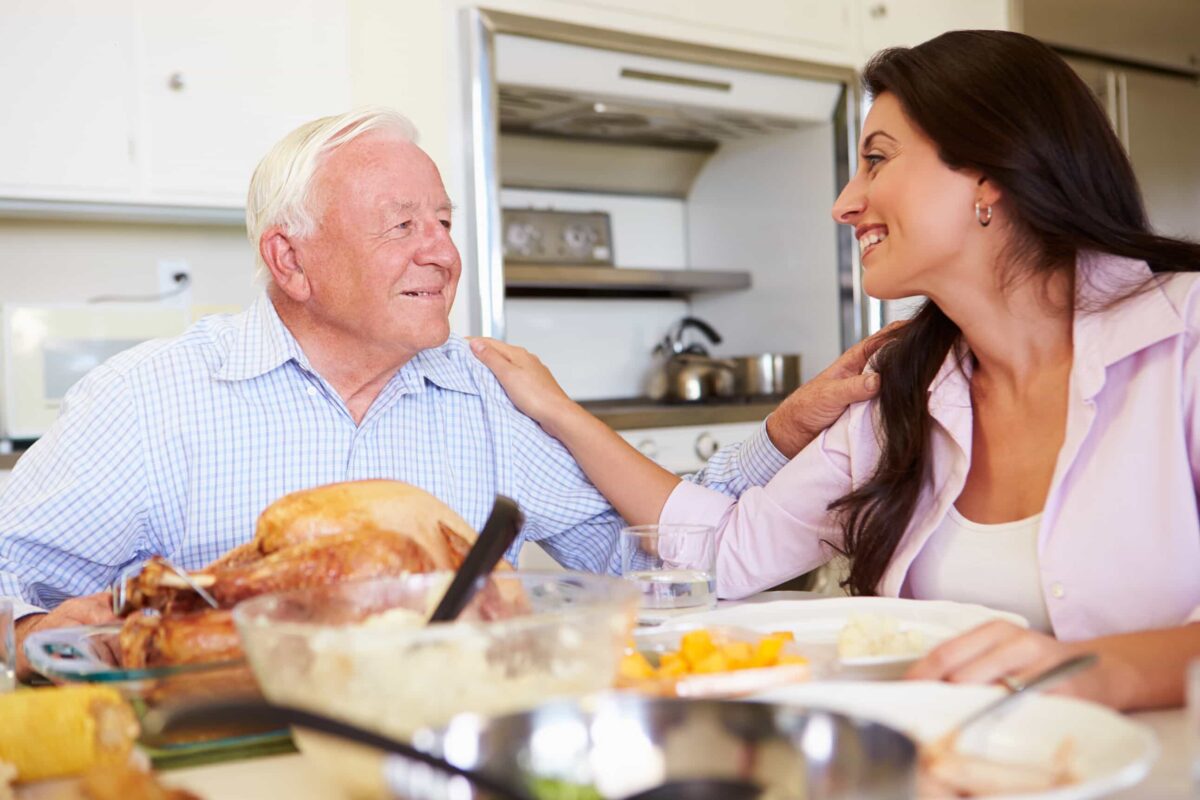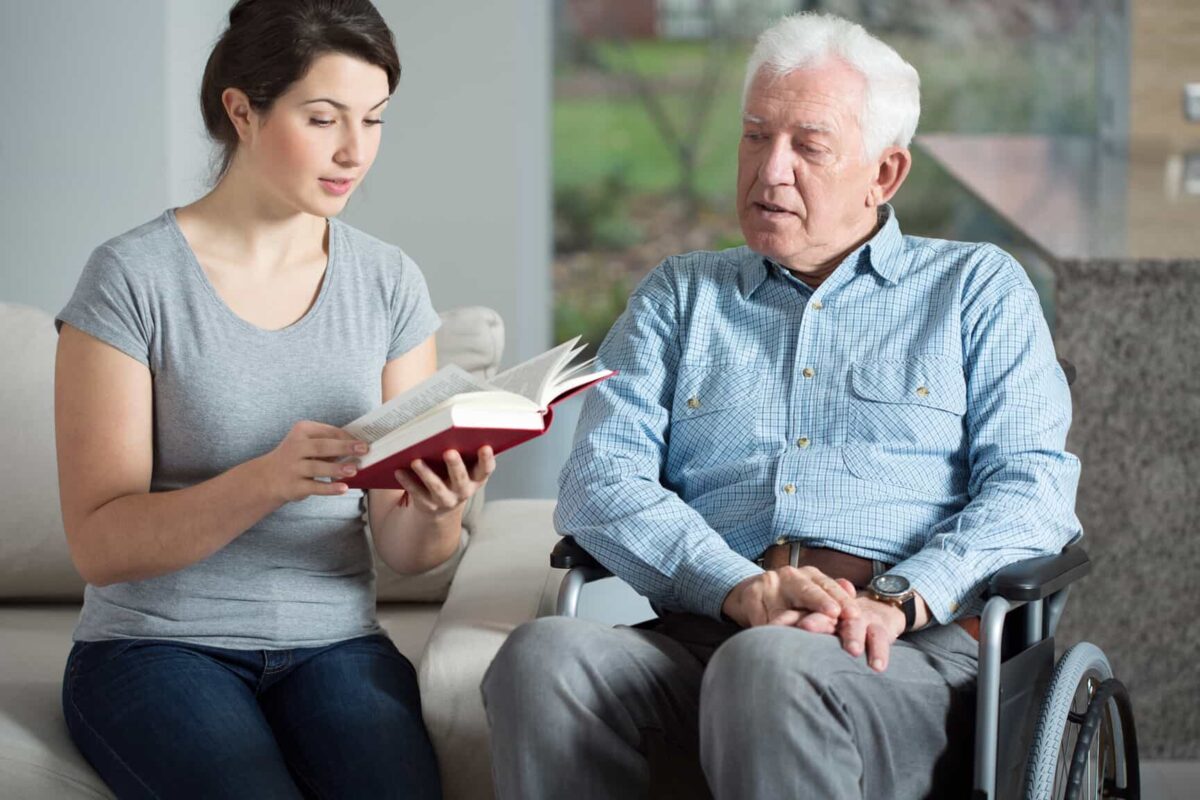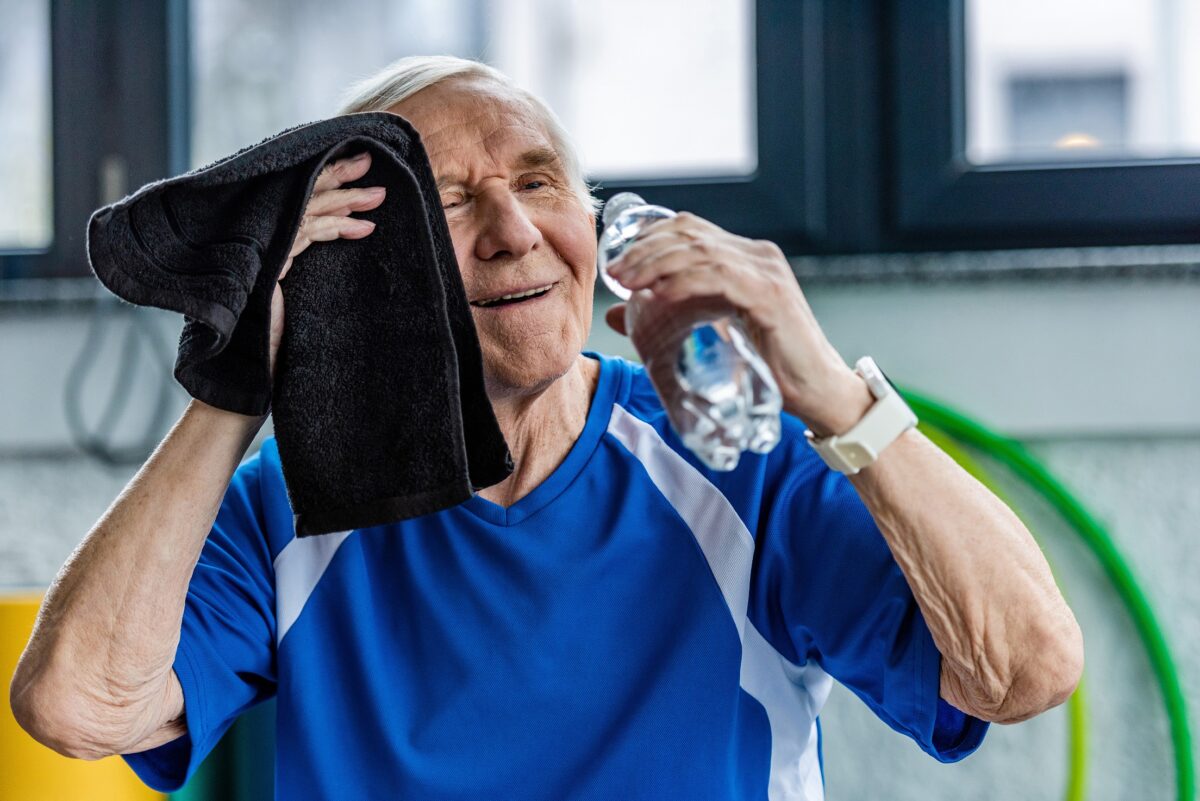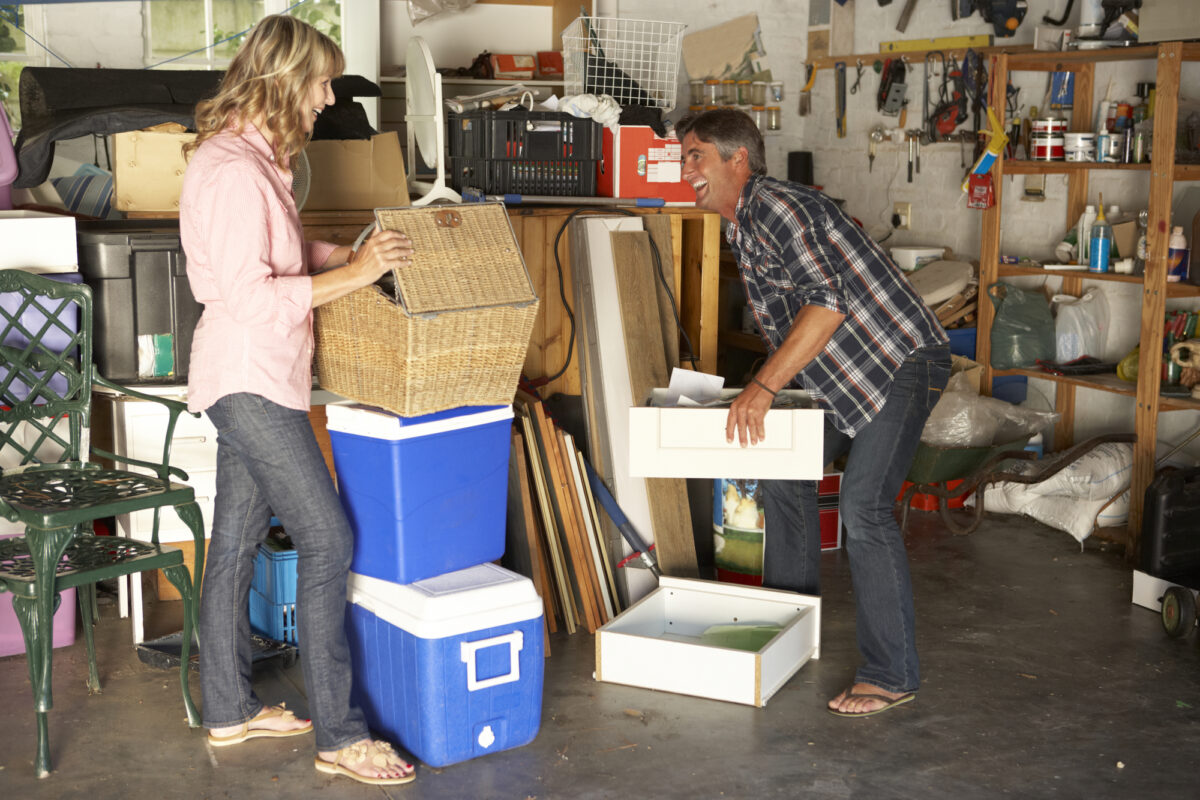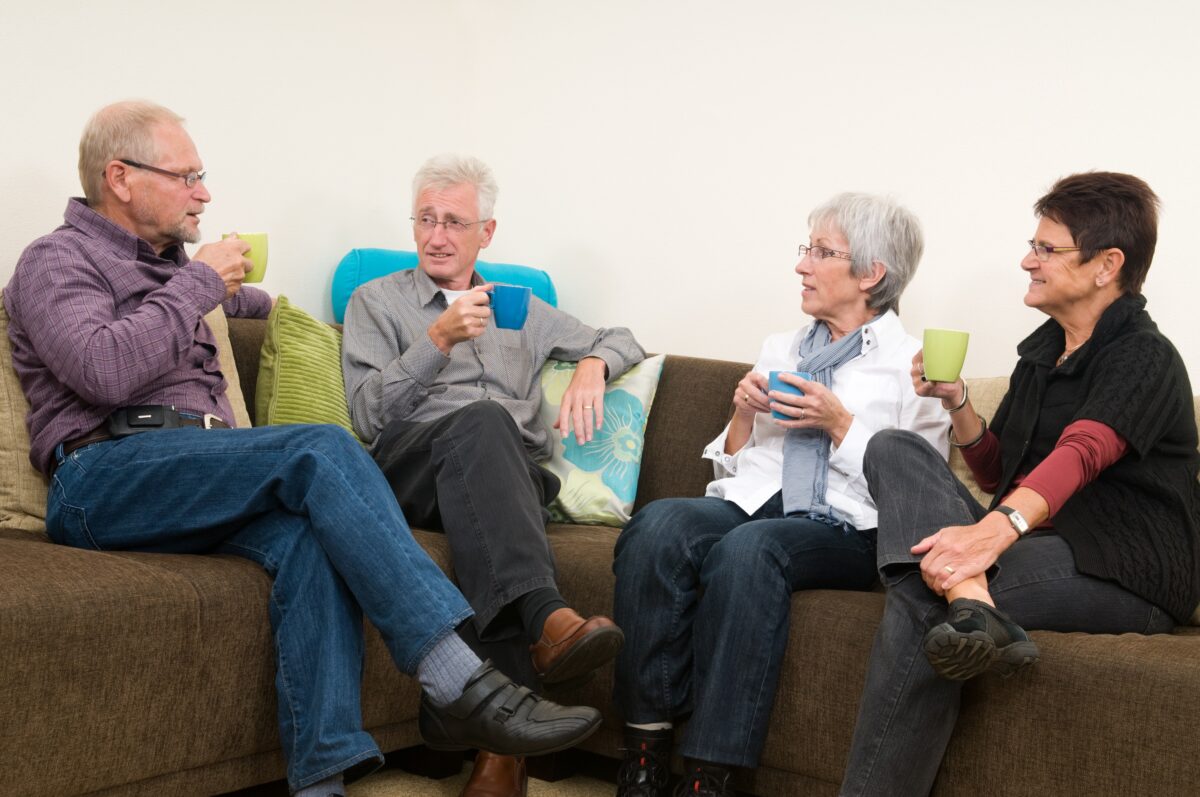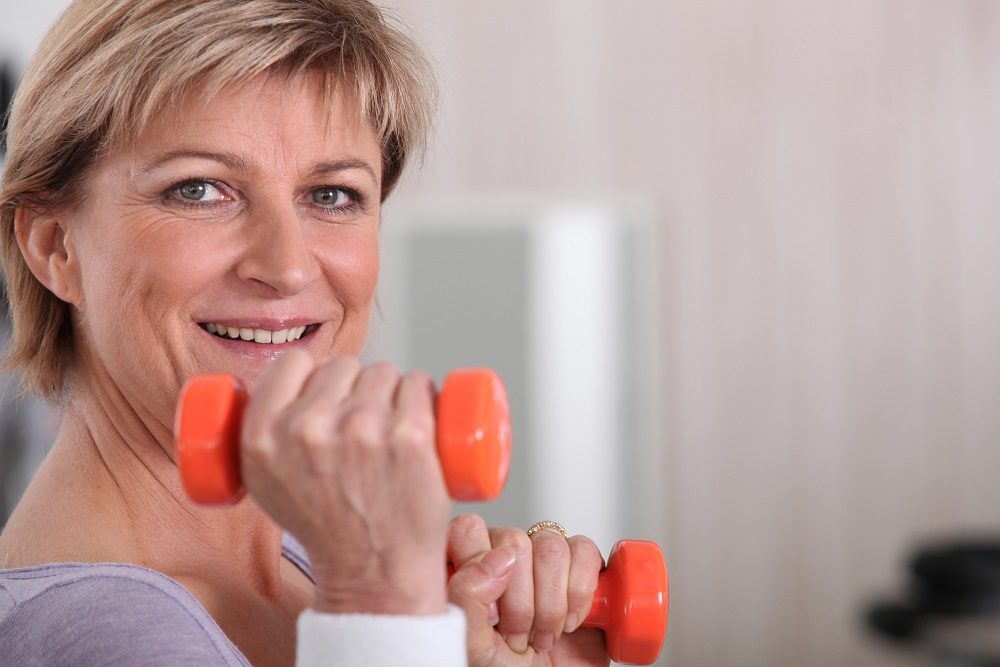Sharing a meal promotes closeness, builds trust and establishes a bond. Business people take clients to lunch, former classmates catch up over brunch, and many first dates involve dinner at a nice restaurant. It is equally important for a caregiver to eat together with that special senior as often as possible.
Realize the Advantages
Whether you are a caregiver for a family member or someone assigned, taking time to partake food with that person brings many benefits. Sharing meal time with another person has proven to provide the following benefits:
• Demonstrates respect and affection
• Promotes better menu selections
• Slows eating speed and consumption
• Improves social skills
• Builds self-esteem
When seniors eat alone, they may take the quick, easy route and make poor food choices, such as a quick bowl of cereal. If they had a guest over for a meal, there would be motivation to prepare something casual versus just a bowl of cereal. If they eat in front of a television, this can often lead to consuming food mindlessly and eating more than needed. Since this takes away interaction with others, they can feel lonely and unimportant.
Schedule Dates
It’s easy to have good intentions but fail to follow through. Setting aside a definite time together, whether a one-time occasion or recurring appointment, will give your senior something to anticipate and assure the meal actually happens. At the same time, take advantage of unexpected opportunities to join in an unplanned meal.
Get Ready for Each Occasion
The idea of preparing for your time together isn’t to focus solely on the meal, but to keep the dialog going if conversation lags. The focus should be on the senior across from you as well as come with a few ideas:
• Memories to recall together
• Questions about programs viewed, books read or other activities
• Discussions concerning current events
• Suggestions for possible interests or projects to pursue
Obviously, the possibilities depend somewhat on the mental and physical capabilities of the person who would be preparing the meal. Try not to underestimate their abilities to plan and prep a meal. Assist when needed or asked of and treat them with respect and value the input they give, and you may be surprised at their understanding and insights.
Enjoy the Moment
Even if you only have time for a half-hour lunch, make it the best 30 minutes possible. Be present, listen attentively and make eye contact to assure this special person knows you value time with them.
Leave With Positive Encouragement
When the meal is over, mention one or two specific things you enjoyed discussing. It might be memories you talked about or some insights your dining companion shared about an issue you’re facing. Make sure your special senior feels loved, respected and still capable of contributing to sharing special time together over a meal.
If you are a caregiver concerned about the nutritional and social needs of someone you love, Home Helpers of Drexel Hill can help. Set up a consultation now to discuss the details.

